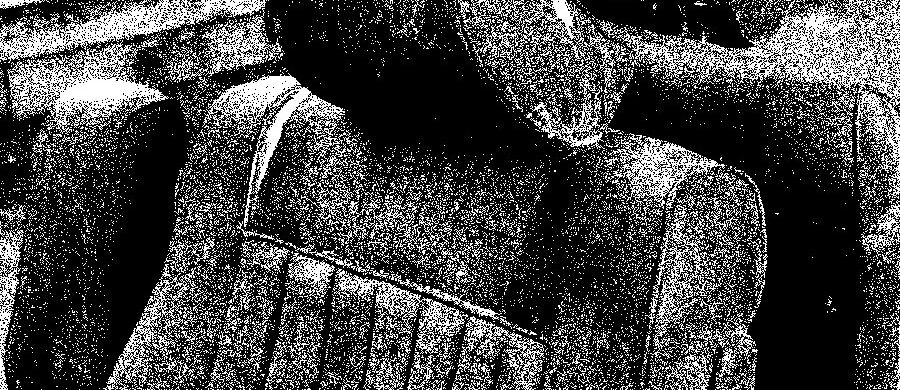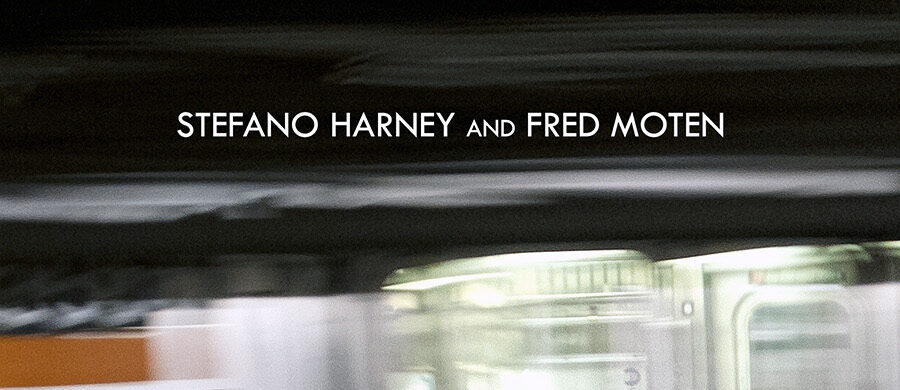Category: Stefano Harney
-

On Birds & Kitchen Tables
On Birds & Kitchen Tables: Conversations of/in the Undercommons “The weapon of theory is a conference of the birds. The kitchen table is its public and its publisher.” – Stefano Harney & Fred Moten In the ten years since it was published, one of the most striking things about The Undercommons as a text was…
-

All Incomplete
All Incomplete Stefano Harney and Fred Moten Building on the ideas Harney and Moten developed in The Undercommons, All Incompleteextends the critical investigation of logistics, individuation and sovereignty. It reflects their chances to travel, listen and deepen their commitment to and claim upon partiality. All Incomplete studies thehistory of a preference for the force and…
-

The Undercommons
The Undercommons: Fugitive Planning & Black Study Stefano Harney and Fred Moten Introduction by Jack Halberstam In this series of essays Fred Moten and Stefano Harney draw on the theory and practice of the black radical tradition as it supports, inspires, and extends contemporary social and political thought and aesthetic critique. Today the general wealth…


